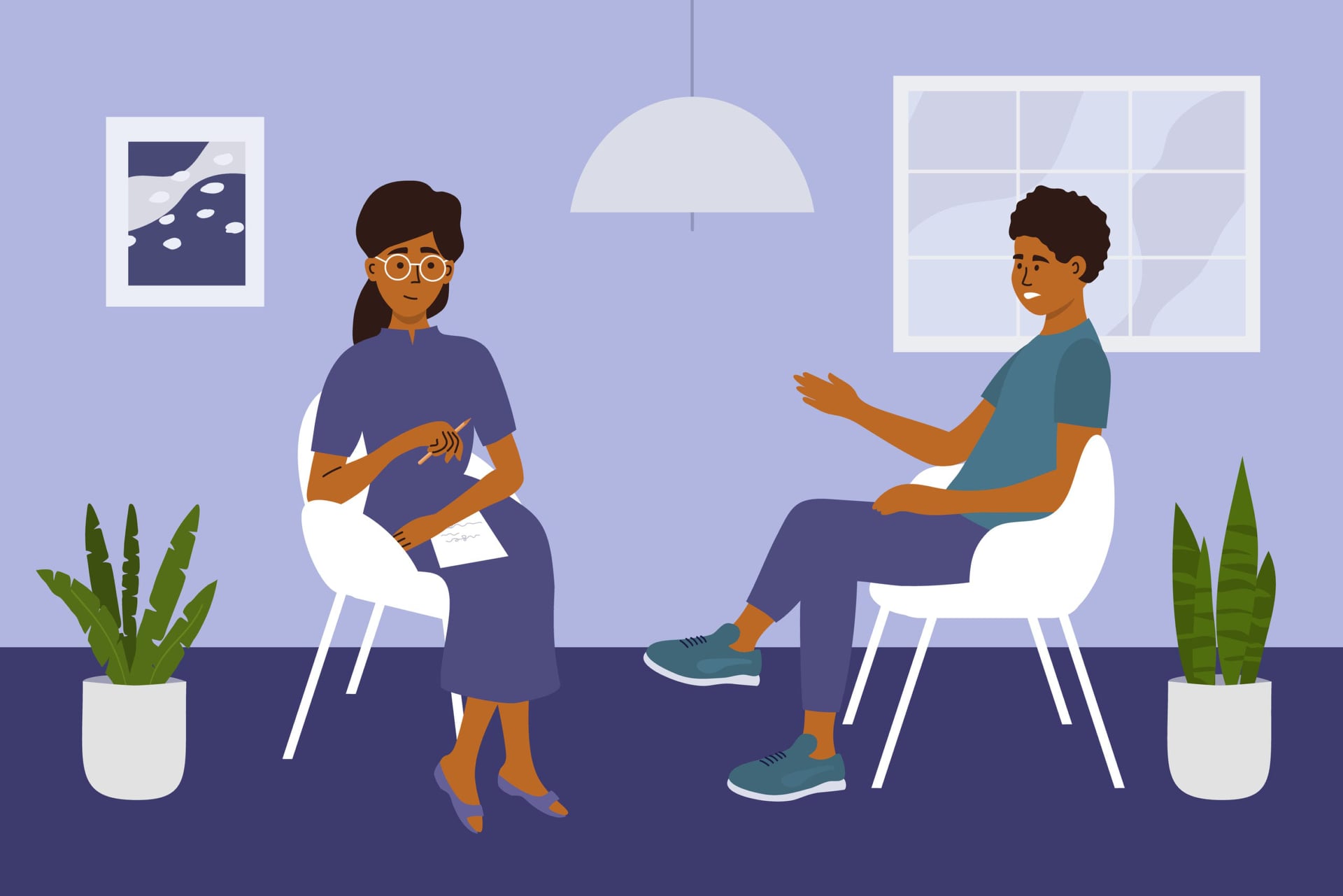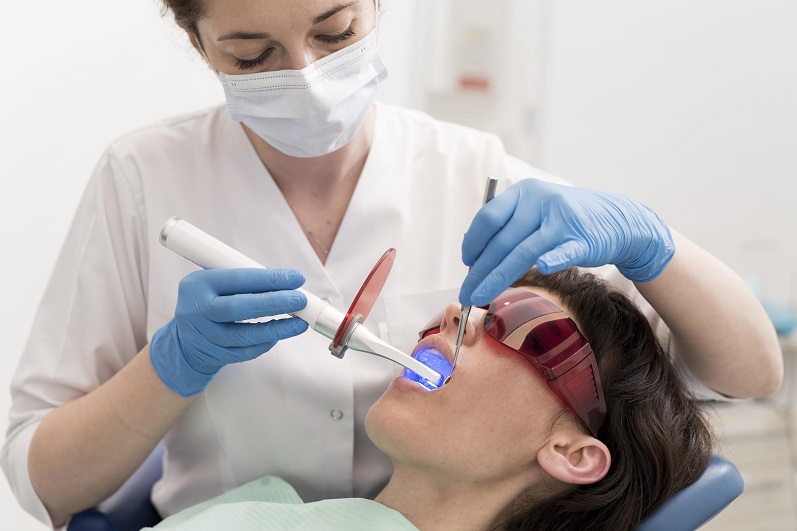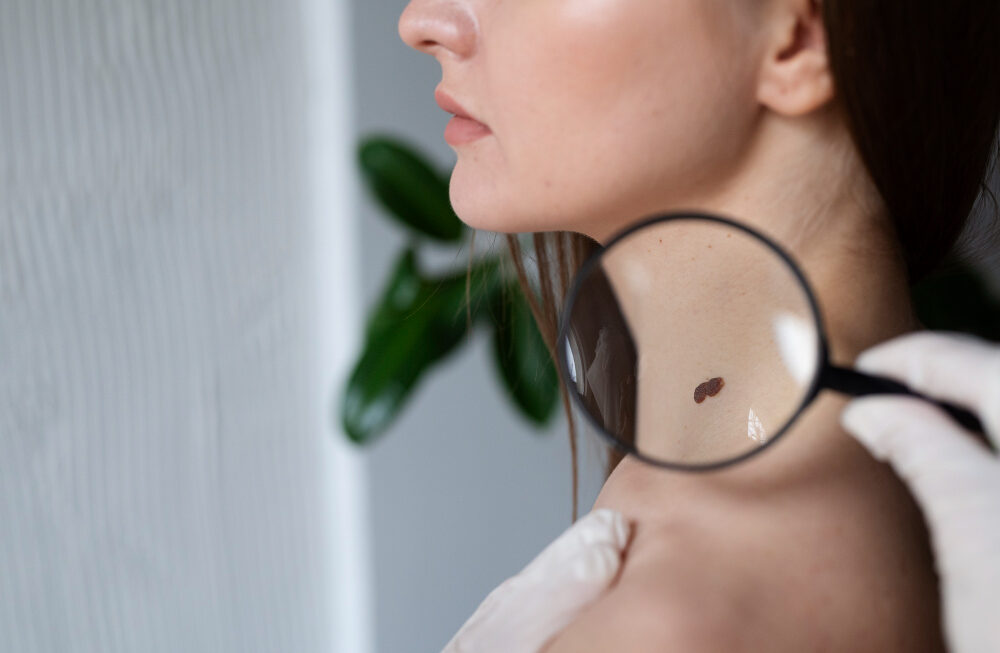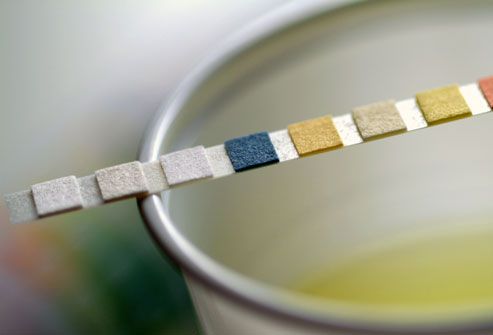If you have trouble sleeping, know that you’re not alone. Over 50 million Americans have some sort of sleep disorder, according to the National Sleep Foundation, and psychiatric problems can have a detrimental effect on sleep quality as well. To ensure that you’re getting as much rest as possible—and to help improve any mental health issues that might be causing insomnia—your first step should be to see your psychiatrist in Bhopal. Here are seven of the best ways to get a good night’s sleep.
1) Listen to Music
Listening to music can lower stress levels and has been proven as a way to help you fall asleep faster. Find some relaxation tunes that you enjoy, pop in your earbuds, turn out your lights, and sleep soundly.
2) Take a Cold Shower
Whether you’re hitting snooze on your morning alarm clock or hanging out in bed past your bedtime, sleep is essential for good health. A good night’s sleep improves our mood, boosts our memory and problem-solving skills, and even lowers our risk of heart disease. Sleeping less than six hours can also leave us feeling more tired during waking hours than if we had gotten no sleep at all, so it’s best to get in early and rest up when we can.
3) Avoid Caffeine Before Bed
Drinking caffeine right before bed can make it difficult for you to fall asleep. A study conducted at Harvard University suggests that too much caffeine (more than 300 milligrams) consumed after 4 p.m. can disrupt sleep for up to 12 hours. It’s best to avoid all caffeinated beverages, including coffee, tea, and energy drinks, after lunchtime.
4) Eat Healthy Food before Bed
It sounds counterintuitive, but eating something healthy right before bedtime is actually one of your best bets for getting a good night’s sleep. Avoid anything that’s overly processed or high in sugar, which will disrupt your blood sugar levels and keep you up all night. Try eating some whole grains, fruit, or nuts before bed instead.
5) Have a Glass of Wine Before Bed
A glass of wine before bed isn’t just fun and relaxing—it can actually help you sleep. Experts say that certain compounds in red wine are beneficial for healthy sleep cycles, thanks to their sedative effect on brain activity.
6) Move around Every Hour
Getting up and moving around every hour or so can help you naturally avoid insomnia. The light from your smartphone or laptop may prevent you from falling asleep at night because it disrupts your circadian rhythm. If you’re trying to avoid insomnia, switching off all screens at least an hour before bedtime is important. Additionally, getting exercise during daylight hours helps keep you healthy and well-rested.
7) Get Enough Sunlight during the Day
Getting enough sunlight during daylight hours can help to regulate your body’s internal clock, which in turn helps your body feel more awake and active at night. A lack of sun exposure during the day is often responsible for that tired feeling that prevents people from getting a good night’s sleep. If you work an early shift or lead an otherwise busy life, then you might want to make it a point to spend some time outside in bright sunlight each day.
Conclusion
In order to get a good night’s sleep, it’s important to understand what your body needs. And since everybody is different, you have to figure out what works for you—not what you read on some psychiatrist’s website. For example, if sleeping pills don’t work for you, there may be other ways to achieve a restful slumber. If you work in an office environment and can take control of your sleep schedule, do it.




